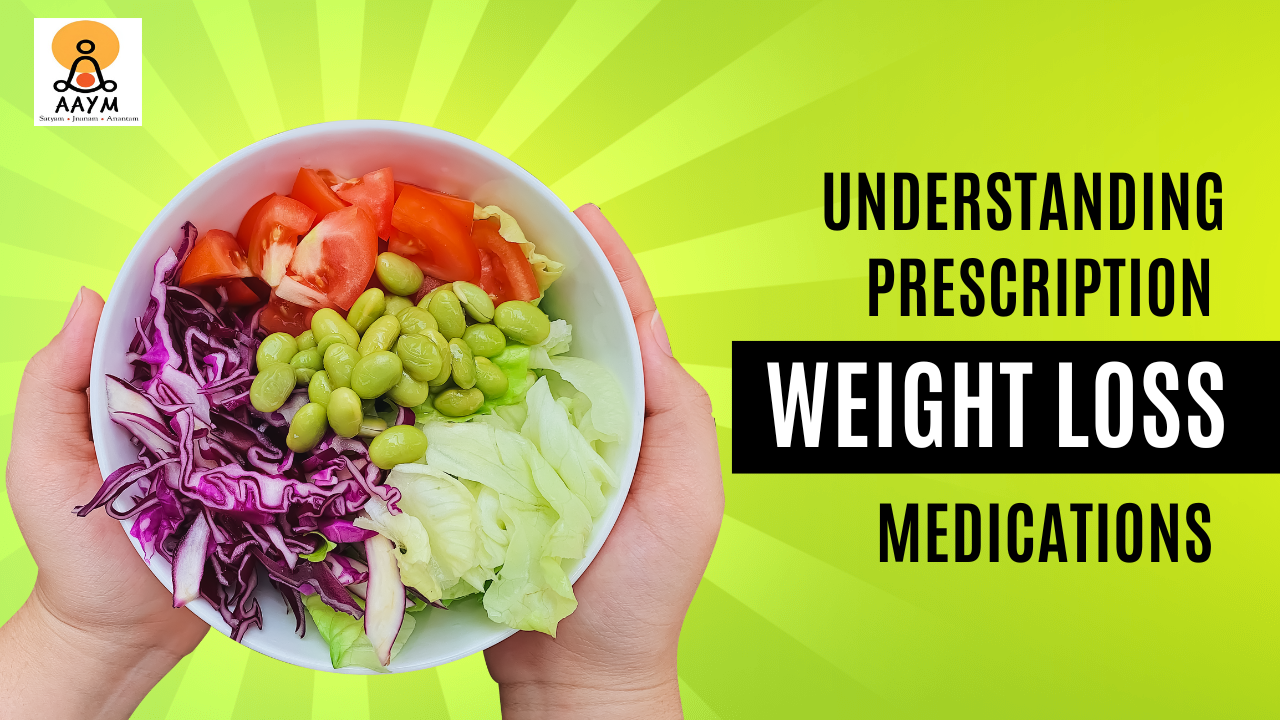Introduction
Are you trying to lose weight but finding it tough even with dieting and exercise? You might be thinking about prescription weight loss pills. These medications, like GLP-1 agonists, orlistat, and setmelanotide, can help. But what do they do, and are they right for you?
How Do Weight Loss Pills Work?
Weight loss medications work in different ways:
- Reducing Hunger: Making you feel full, so you eat less.
- Blocking Fat Absorption: Stopping your body from absorbing some of the fat you eat.
- Boosting Metabolism: Helping your body burn more calories.
When you use these drugs, along with eating better and exercising, they can help you manage your weight better.
FDA-Approved Weight Loss Medications
Here are some weight loss medications approved by the FDA:
- GLP-1 Agonists:
- Liraglutide (Saxenda)
- Semaglutide (Wegovy)
Tirzepatide (Zepbound)
- These are shots that help control your appetite.
- Orlistat (Xenical): Pills that reduce how much fat your body absorbs.
- Phentermine/Topiramate (Qsymia): A combination that reduces appetite and helps with other health issues.
- Naltrexone/Bupropion (Contrave): A combo that helps reduce hunger and cravings.
- Setmelanotide (Imcivree): For specific genetic disorders causing obesity.
- Appetite Suppressants: Like phentermine (Adipex-P or Lomaira), help you feel less hungry.
How Effective Are They?
These medications can help you lose 5-10% of your body weight. This might not seem like a lot, but it can significantly improve your health by lowering blood pressure and improving blood sugar levels. Remember, they work best with a healthy diet and regular exercise.
Pros and Cons
Pros:
- Effective with diet and exercise.
- Approved for weight management.
- It can improve health issues like high blood sugar and cholesterol.
Cons:
- Not for everyone (e.g., pregnant women or people with specific health issues).
- It can be pricey without insurance.
- Possible side effects, some serious.
- Weight might come back after stopping the medication.
Common Side Effects
- GLP-1 Agonists: Nausea, vomiting, diarrhea, constipation.
- Orlistat: Oily spotting, gas, frequent bathroom trips.
- Phentermine/Topiramate: Fast heartbeat, trouble sleeping, nervousness.
- Naltrexone/Bupropion: Nausea, headache, constipation.
Who Should Consider These Medications?
These medications are usually for people who:
- Can’t lose weight through diet and exercise alone.
Have a BMI of 30 or more, or 27 with health problems like diabetes or high blood pressure.
- Talk to your doctor to see if these medications are proper for you.
Long-term Use and Lifestyle Changes
If these medications work well without serious side effects, you might use them long-term. But if you don’t lose at least 5% of your weight in three to six months, your doctor might suggest trying a different one.
Final Thoughts
Prescription weight loss medications can be a helpful part of a weight loss plan. They are not a quick fix but can support your efforts with a healthy diet and regular exercise. Always talk to a doctor to find the best plan for you.
Ready to Take the Next Step?
Thinking about weight loss medications? Talk to your doctor. They can help you figure out the best options and make a plan for you, allowing you move toward a healthier weight and better health.

